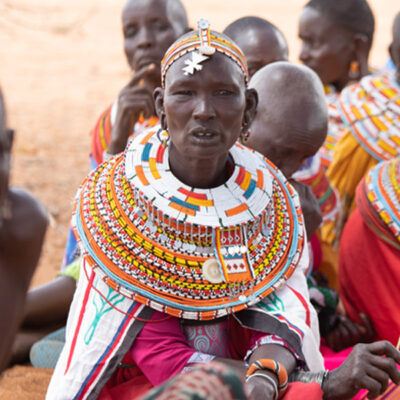All over Africa—from Kenya to Zimbabwe; from Angola to Uganda—land ownership remains a hotly contested issue with major implications for indigenous communities’ access to food and water. What happens when displaced farmers go back to reclaim the land on which they once grew crops but don’t have papers to prove that they are, indeed, the land owners?
A recent article about the 20-year conflict in northern Uganda reported that over 2 million people living in Uganda’s northern region were displaced at the height of the conflict, 500,000 of whom remain in refugee camps. For many displaced people, the return home—even during a lull in violence—is frustrated by disputes over land and allegations of land-grabbing that have triggered new tensions in communities still struggling to put years of suffering behind them.
The article was published just in time for the African Union’s (AU) “Special Summit on Refugees, Returnees and Internally Displaced Persons in Africa” which is happening right now in Kampala, the capital of Uganda. While it’s unclear whether the Summit will result in new pan-African policies to protect land rights of indigenous communities, Summit conversations are focusing on:
1. Root causes and long-term prevention of forced displacement
2. Strengthening reconciliation and post-conflict reconstruction
3. Refugees in mixed migratory movements
4. Establishing effective and sustainable mechanisms to deal with natural disaster, climate change and food security.
Several of AJWS’s partner organizations in Africa and in the developing world at large are committed to helping local communities advocate for their land and water rights so that they can be self-sufficiently nourished. One example: In 2007, AJWS began funding Asociación de San Isidro Cabanas (ASIC), a community-based organization in the municipality of San Isidro in Cabanas—El Salvador’s poorest area. While promoting integrated community development through education, empowerment, care for the environment and gender equality, ASIC has mobilized people to fight for their water rights by resisting the efforts of foreign mining companies that are destroying Salvadoran land and water sources. Learn more.


